


Books in series
Bath and Wells
1914

Bournemouth, Poole & Christchurch
1915

Cambridge
1910

Canterbury Beautiful England
1910
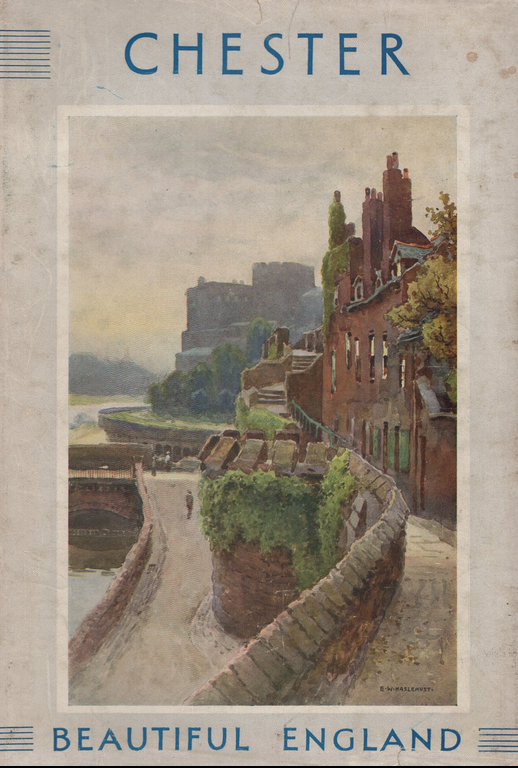
Chester
1920

The Cornish Riviera
1911

Dartmoor
1928

The Dukeries
1911
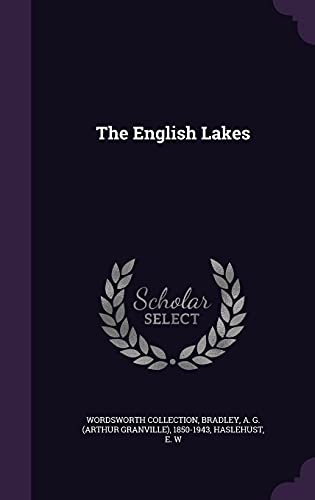
The English Lakes
1910

Exeter
1912
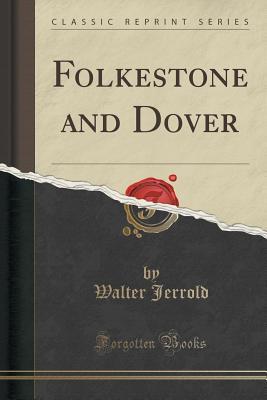
Folkestone and Dover
1920

Hampton Court
1915
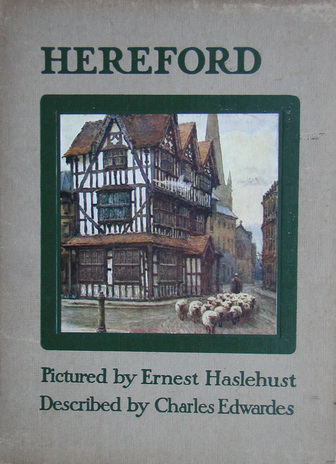
Hereford
1912
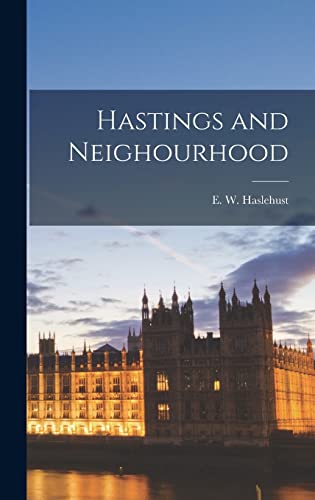
Hastings and Neighourhood
2015

The Isle of Wight
1911

The New Forest
1912

Oxford Beautiful England
2008
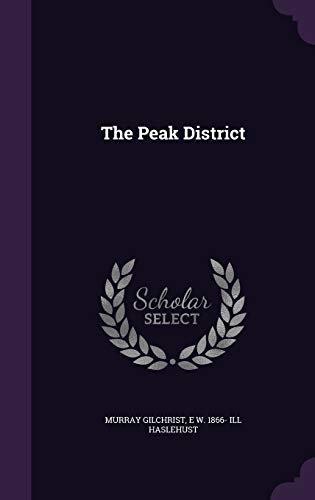
The Peak District
2015
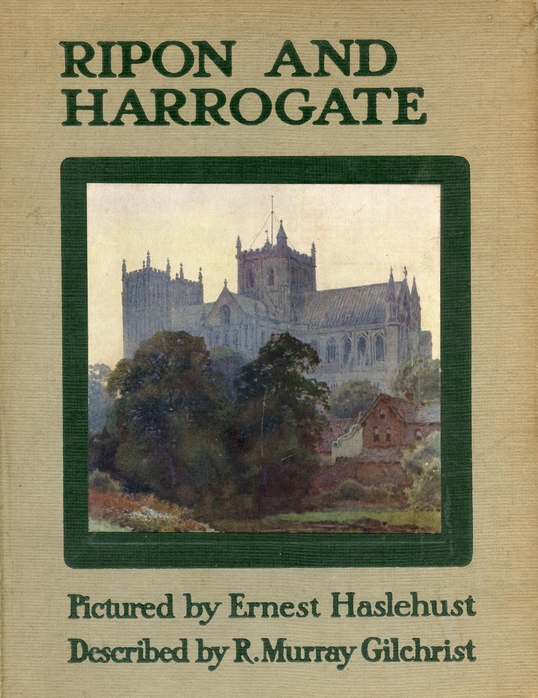
Ripon and Harrogate
1914
Shakespeareland
2013
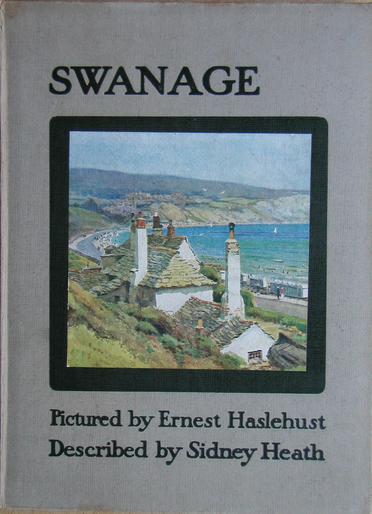
Swanage and District
1915
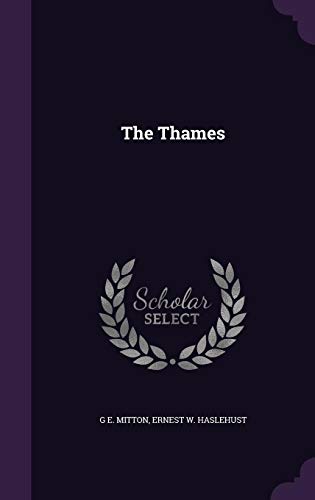
The Thames
2012

Warwick and Leamington
1913
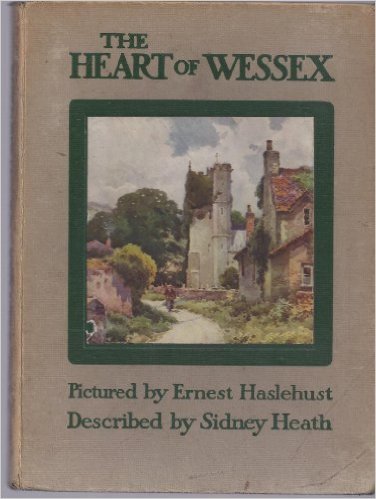
The Heart of Wessex
1910

Winchester
1911

Windsor Castle
1910
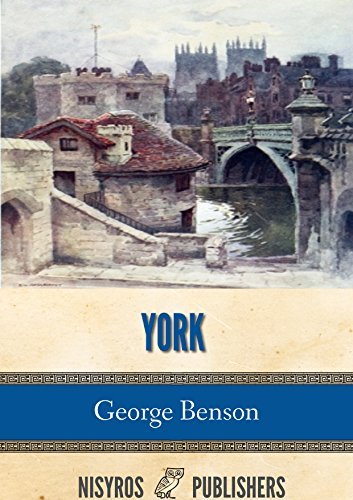
York
2015
Authors

Robert Murray Gilchrist was born in Sheffield, England in 1867. He never married and throughout his life lived mostly in remote places, including the North Derbyshire village of Holmesfield and a remote part of the Peak District. He began his writing career in 1890 with a novel, Passion the Plaything, and would go on to publish a total of 22 novels, six story collections, four regional interest books, and a play. His stories appeared in many popular periodicals of that era, including The Temple Bar and the decadent journal The Yellow Book. Not much is known about Gilchrist’s personal life, but he is known to have lived for a time with a male companion, and given that Gilchrist never married and sometimes featured homoerotic themes in his work, as in the story ‘My Friend’, it is possible he was homosexual. Though well known today to connoisseurs of weird and Decadent fiction, Gilchrist’s story collection The Stone Dragon and Other Tragic Romances was generally poorly received by critics on its initial appearance in 1894, and following the book’s failure, Gilchrist chose to write in other genres. It was not until Hugh Lamb began anthologizing some of Gilchrist’s work in the 1970s that he began to be rediscovered. Now he is ranked by many alongside other fin de siècle practitioners of weird fiction, including Vernon Lee, Arthur Machen, and Eric Stenbock and The Stone Dragon is a volume highly sought-after by collectors. During World War I, Gilchrist was noted for his charitable assistance to Belgian refugees, many of whom attended his funeral after his death in 1917. -Valancourt Books
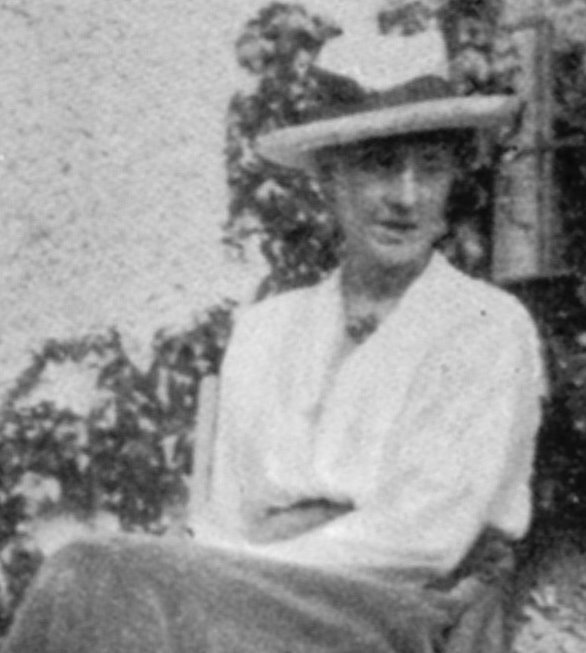

Librarian Note: There is more than one author in the Goodreads database with this name. Philip Edward Thomas was an Anglo-Welsh writer of prose and poetry. He is commonly considered a war poet, although few of his poems deal directly with his war experiences. Already an accomplished writer, Thomas turned to poetry only in 1914. He enlisted in the army in 1915, and was killed in action during the Battle of Arras in 1917, soon after he arrived in France. His Works: Poetry collections: Six Poems, under pseudonym Edward Eastaway, Pear Tree Press, 1916. Poems, Holt, 1917. Last Poems, Selwyn & Blount, 1918. Collected Poems, Selwyn & Blount, 1920. Two Poems, Ingpen & Grant, 1927. The Poems of Edward Thomas, R. George Thomas (ed), Oxford University Press, 1978 Poemoj (Esperanto translation), Kris Long (ed & pub), Burleigh Print, Bracknell, Berks, 1979. Edward Thomas: A Mirror of England, Elaine Wilson (ed), Paul & Co., 1985. The Poems of Edward Thomas, Peter Sacks (ed), Handsel Books, 2003. The Annotated Collected Poems, Edna Longley (ed), Bloodaxe Books, 2008. Fiction: The Happy-Go-Lucky Morgans (novel), 1913 Essay collections: Horae Solitariae, Dutton, 1902. Oxford, A & C Black, 1903. Beautiful Wales, Black, 1905. The Heart of England, Dutton, 1906. The South Country, Dutton, 1906 (reissued by Tuttle, 1993). Rest and Unrest, Dutton, 1910. Light and Twilight, Duckworth, 1911. The Last Sheaf, Cape, 1928.